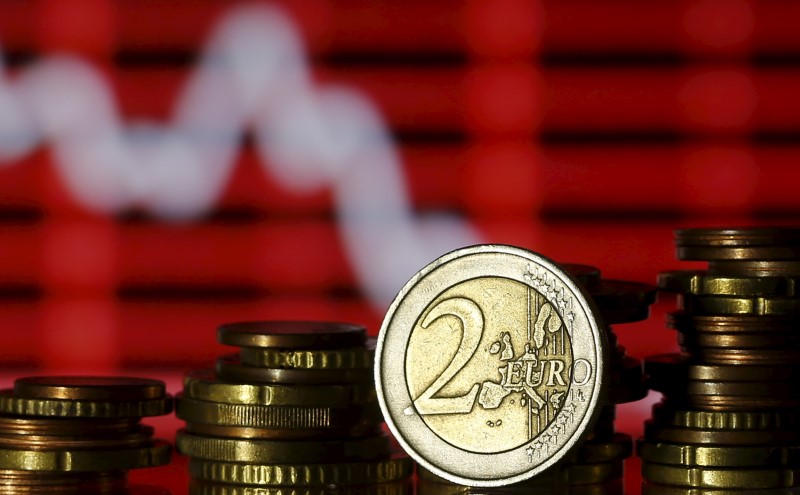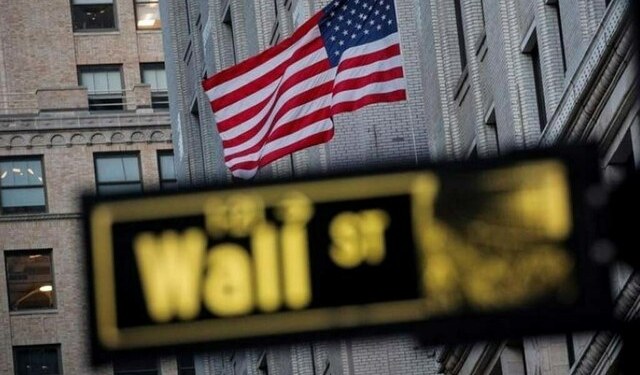 © Reuters. Euro coins are seen in front of a displayed stock graph in this photo illustration taken in Zenica
© Reuters. Euro coins are seen in front of a displayed stock graph in this photo illustration taken in ZenicaBy Masayuki Kitano
SINGAPORE (Reuters) – The euro hit a two-month low against the yen on Monday, as German Chancellor Angela Merkel’s efforts to form a three-way coalition government failed, raising concerns over political uncertainty in the euro zone’s largest economy.
Merkel said on Monday she would meet the German president to inform him that she had failed to form a coalition government with the Greens and the pro-business Free Democrats (FDP).
The decision to meet President Frank-Walter Steinmeier, who has the power to call a new election, signaled that Merkel would not seek a minority government with the Greens after the FDP unexpectedly pulled out of the coalition talks.
The euro slid broadly in early Asian trade after news of the breakdown of the coalition talks among German parties reached the market, but later pared some of its losses.
Against the yen, the euro was last down 0.4 percent on the day at 131.65 yen (). At one point, the euro slipped to 131.16 yen, its weakest level since mid-September.
The euro fell 0.4 percent on the day to $1.1744
“I don’t think this is going to be a massive driver, but that’s certainly the influence that we’re getting right off the bat,” said Stephen Innes, head of trading in Asia-Pacific for Oanda in Singapore, referring to the political developments in Germany.
“For the longer-term…I think the main driver is going to be what the ECB does,” he said.
The euro had been supported recently by the strength of euro zone economic data and speculation that the European Central Bank (ECB) could start sounding more hawkish about its monetary policy outlook, Innes added.
Improving economic prospects in the euro zone have been a positive for the euro, with growth in the economic bloc having exceeded that of the United States in the third quarter.
The euro’s retreat helped support the dollar against a basket of six major currencies.
The last stood at 93.927 (), staying above last week’s trough of 93.402, which was the greenback’s lowest level in about a month.
Against the yen, the dollar briefly touched a one-month low of 111.89 yen
The dollar firmed 0.1 percent to 112.08 yen
The dollar has been weighed down recently by lingering doubts about the prospects for U.S. tax reforms, including tax cuts, which could give a boost to economic growth.
Any potential delay in the implementation of tax cuts, or the possibility of proposed reforms being watered down, would tend to work against the U.S. currency.
Fusion Media or anyone involved with Fusion Media will not accept any liability for loss or damage as a result of reliance on the information including data, quotes, charts and buy/sell signals contained within this website. Please be fully informed regarding the risks and costs associated with trading the financial markets, it is one of the riskiest investment forms possible.
Source: Investing.com





























